We recently connected with Tiffany Wachtler and have shared our conversation below.
Hi Tiffany , thanks for joining us today. Any advice for creating a more inclusive workplace?
I was so ill prepared for the impacts of grief when I returned to work after my mom died, I’d slowly watched lung cancer take her life in two short months, and after she was gone, I didn’t have the luxury of simply taking time to heal. I had to return to work, and in the wave of my grief, I could not believe how hard it was to fully function. I didn’t understand or anticipate how little I could concentrate or how the world was moving on, while I felt stuck in my loss. Some things had little importance to me in comparison to my heartbreak. I was fortunate that my boss was also living through the loss of a parent. She created a safe space by giving permission to grieve. She recognized my humanity and let the work come second to that. When I confessed that I felt like I was lost and simply staring at the wall a good portion of the day, she told me to just put out the fires, let the team know how they could help, and take care of myself.
On average, in the US, employees are given three (3) days of bereavement leave after a loss, and in many cases, this is only if the policy acknowledges the relationship they had with their person. This means that a loss of pet, a close friend, a distant relative might not qualify for any time off to honor their loss. Grief is a lifetime journey, and I want to help shift the expectations in our workplaces, so that grievers feel included.
It is unreasonable to think the leaders, coworkers, or HR departments are prepared and know how to support someone returning to work after a loss. They may also not be aware of the grief that might surface from losses not by death, like a divorce, miscarriage, change in health, etc. My advice is for workplaces to incorporate grief support in their professional development before someone experiences a loss. Thinking about how to best show up for them, help prioritize their workload, how to extend grace and kindness when team members are navigating the hardest things.
Being human-centered, leading with empathy, and evaluating how policies can be most beneficial are tangible ways that companies can grow in their ability to have a compassionate workplace. Grief will touch all of our lives, so the more we can normalize the unique experiences one has around it and build community with one another, the more inclusive we can be. Grief is not a bad word, it’s simply one that can be intimidating. I love it when I can meet with teams, hear about their bereavement policy, and see how we can work together to create an empathy policy, where the work still gets done, and their grievers are cared for.

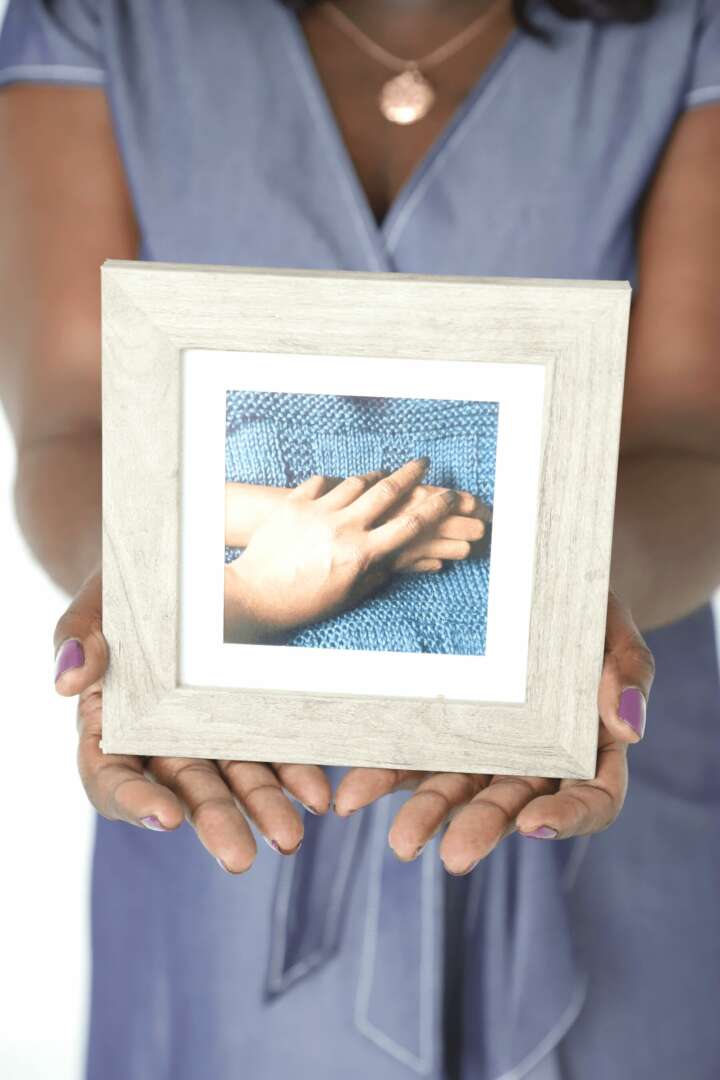
Great, appreciate you sharing that with us. Before we ask you to share more of your insights, can you take a moment to introduce yourself and how you got to where you are today to our readers.
A friend once told me that your universe shifts when your mom dies, and I found this to be incredibly true in December 2017. My mom was diagnosed with an aggressive lung cancer that would take her life in the span of two months. It was devastating to slowly watch her fade away before my eyes, and in navigating this loss, I learned how lonely grief can be. I recognized that it was hard for people to know how to support me, and how at times it was difficult for me to articulate what I needed.
I was surrounded by tremendous kindness and I watched as some people showed up beautifully and some did it clumsily. Then there were others who did nothing at all. In the hardest moment of my life, I felt their absence and was hurt. I later learned that many people simply didn’t know what to do. I saw a gap where support and guidance were missing, and it moved me to create Kindness Concierge. I founded this space to empower friends, family, and coworkers who feel unsure about how to show up, so they can confidently lean in and express kindness to those they care about.
There are so many beautiful ways to wrap love around someone who is navigating loss. When it feels overwhelming, much like a concierge assists with arrangements, through consultations, I help support systems by sharing ideas of what they can say, what they can do, or what they can send to those navigating loss. My goal is to walk alongside them to help make sure their person can feel surrounded by love and less alone. I feel comfortable in the uncomfortable and it warms my heart to help people lift each other up in difficult times.
In addition to personalized consultations, I offer care packages that I think of as a ‘hug in a box’. There are standard styles, and I can also customize a box to fit the griever’s personality and the situation. Each package includes and handwritten card, where I help the sender craft a message that conveys what is in their heart, if they need that support.
I also consult with companies that need guidance on how to show up kindly for an employee navigating loss or returning to work after a loss. I help them design a plan for that employee or provide Lunch and Learns for their teams about grief, things they might expect, and ways they might soften their coworker’s return to the workplace.
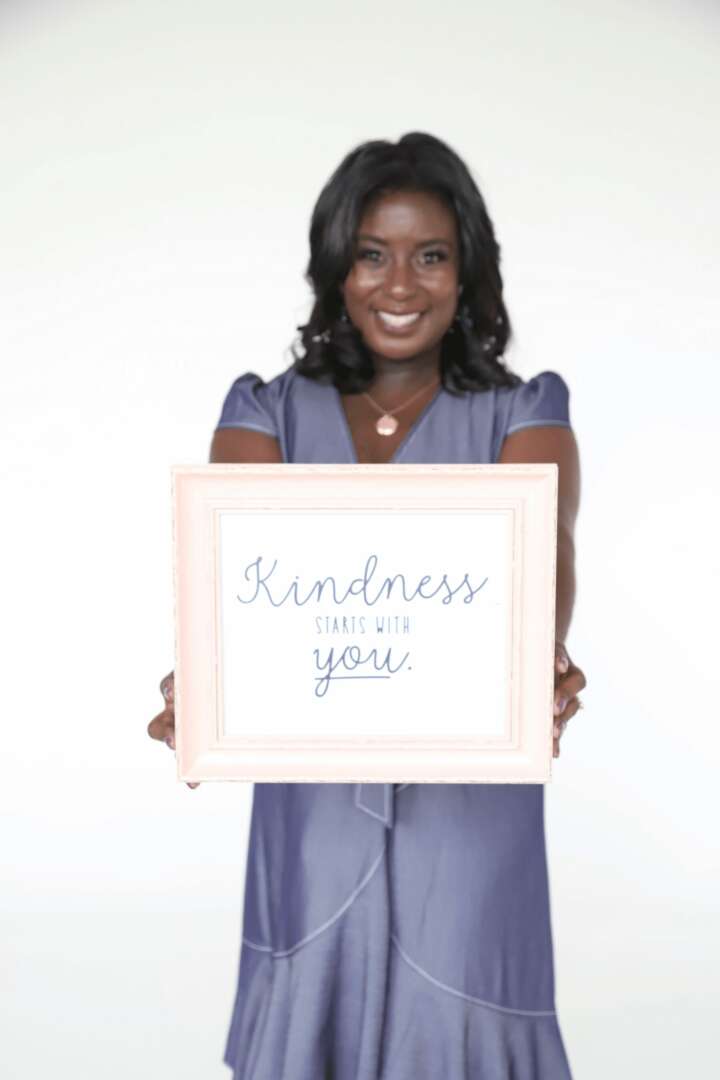

What do you think helped you build your reputation within your market?
Authenticity is so important to me. I believe that the thing that has helped build my reputation is being vulnerable about my grief journey and openly sharing it, truly, with anyone. At times, this can be incredibly raw and revealing, but I don’t assume that my experience is the same as other grievers. I candidly talk about how awful grief is, and what I’ve learned from it. I’m forever changed by my loss, but also a better human because of it. My work means making space for and holding the stories of other grievers, and my clients trust me to lead with empathy, and to help them love louder.
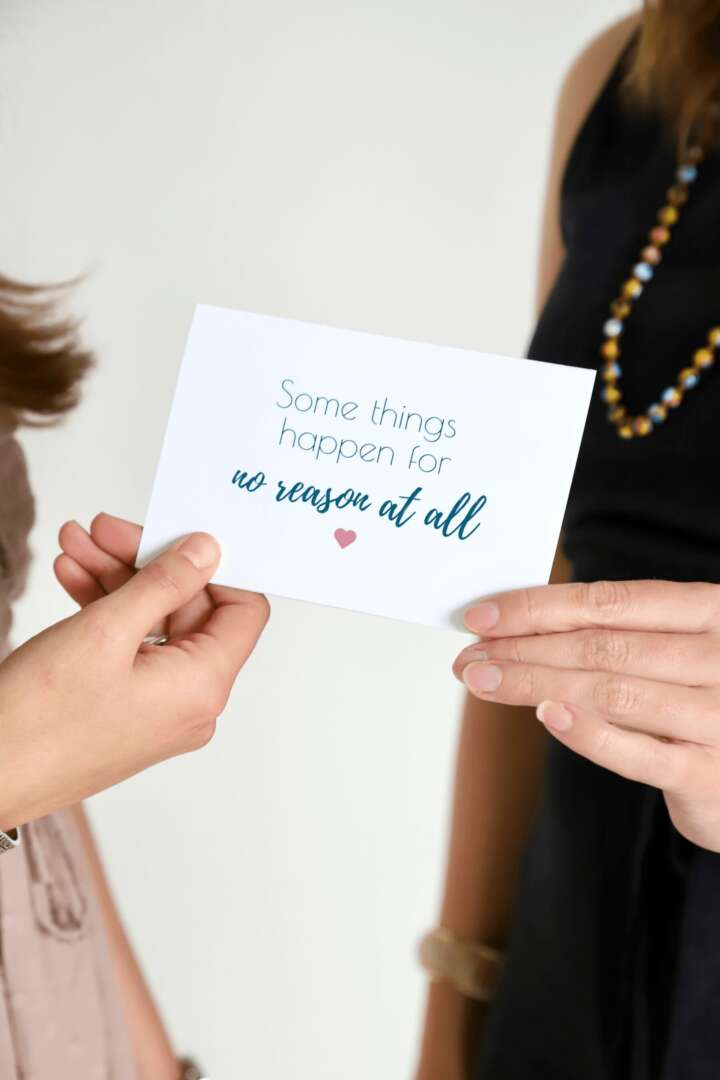
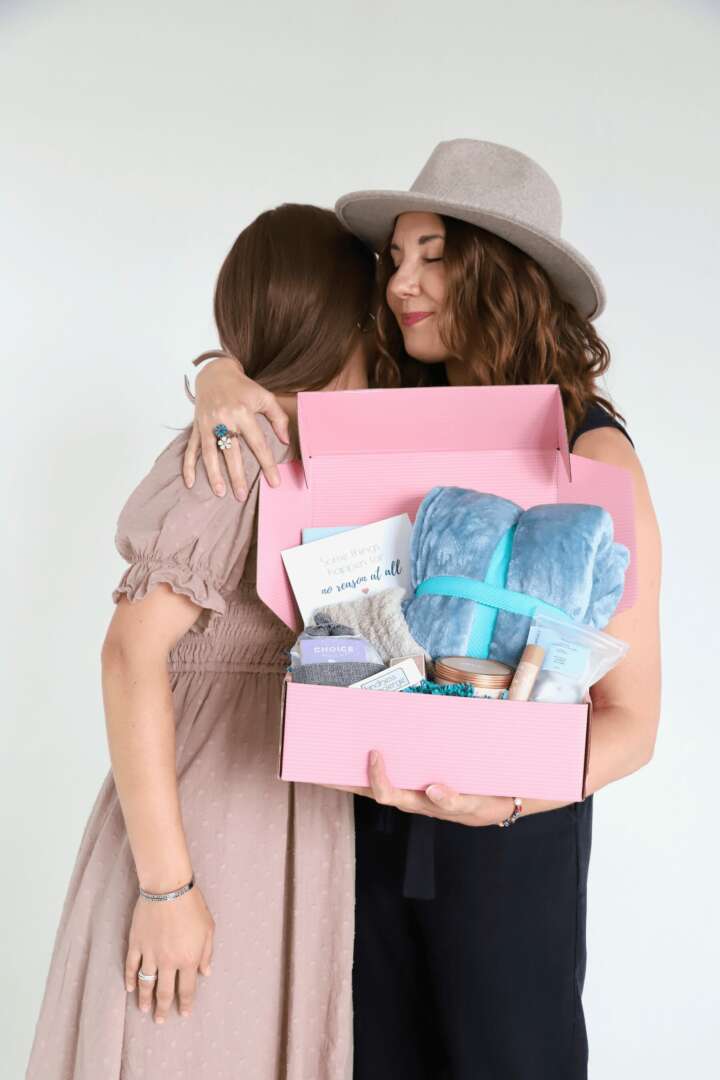
What’s worked well for you in terms of a source for new clients?
The best source of new clients for me has been speaking and presenting—sharing my story. There’s something incredibly powerful about connecting with people and using my voice. When I share my journey and the mission behind Kindness Concierge, it resonates in a way that no other marketing can. I see a ripple effect. It can be hard to ask for help, especially when folks are looking to support a loved one in a difficult situation, so word of mouth really amplifies our connections, bringing in clients who have learned about me from a source they trust.
Contact Info:
- Website: https://www.thekindnessconcierge.com/
- Instagram: https://www.instagram.com/the_kindness_concierge/
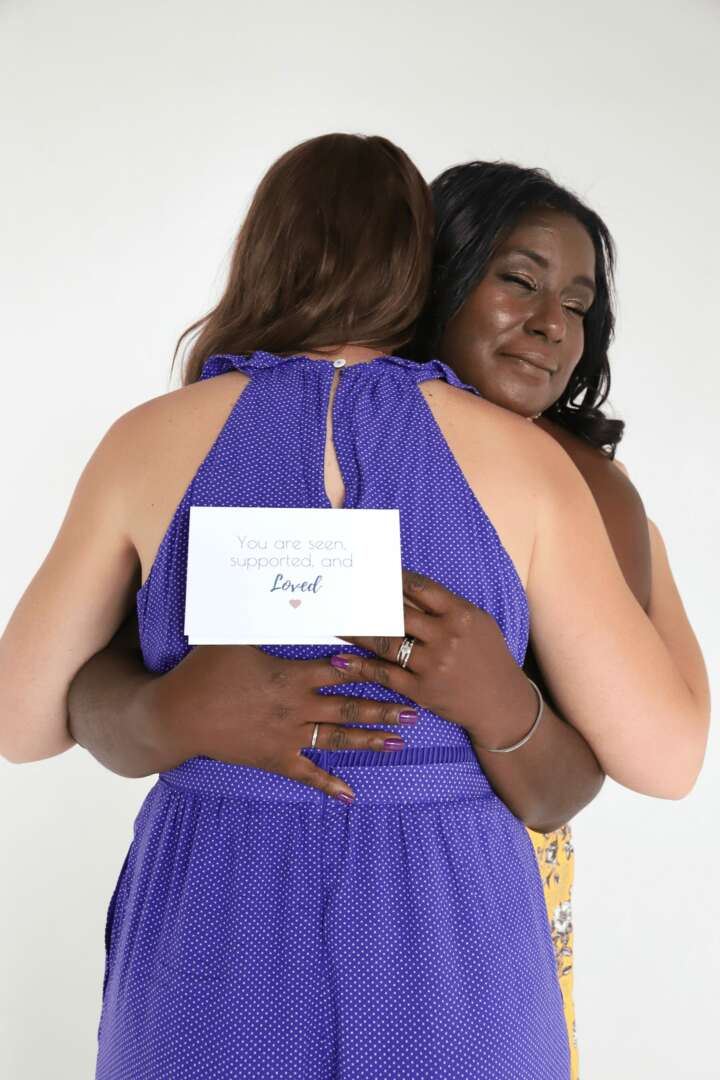
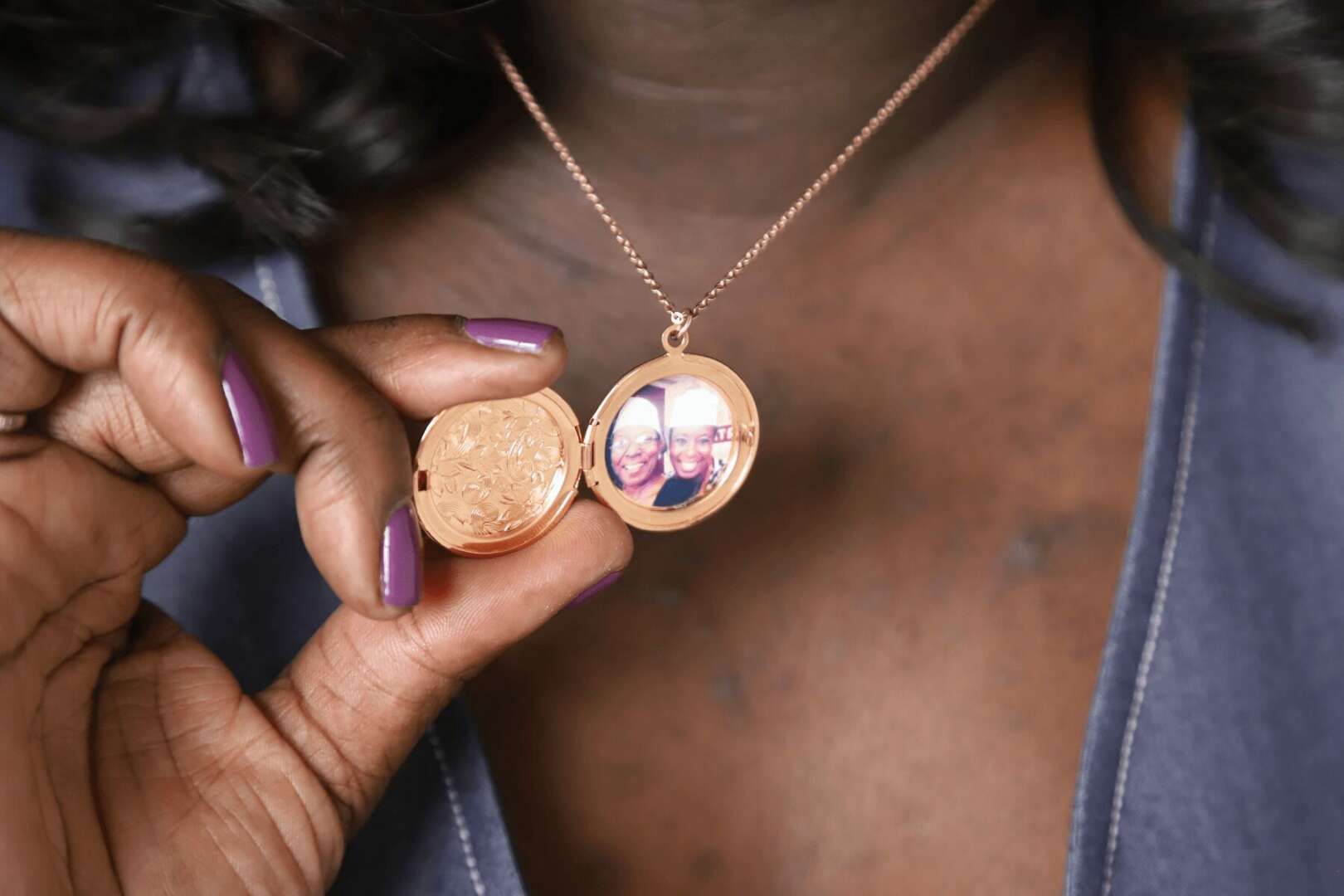
Image Credits
Amy K. Wright Photography


